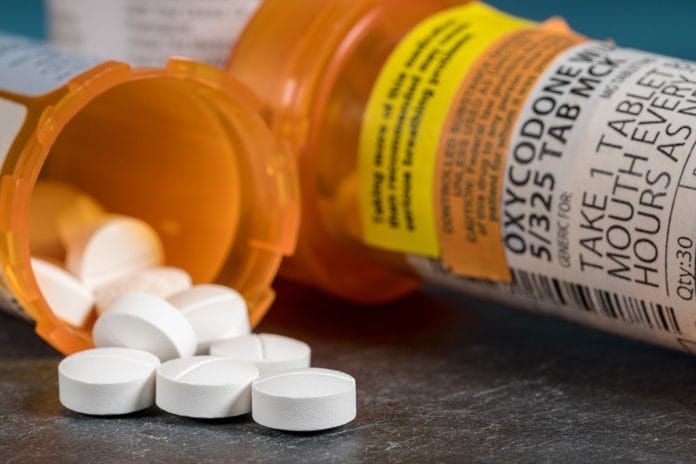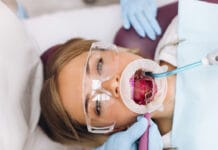Last week was an adventurous one, at best. One day I woke up with a stiff neck. Typical, nothing fancy, nothing unusual. But it wasn’t long before it quickly escalated into a seizing, debilitating neck spasm that had me down and out for days. Unlike anything I ever had experienced before, this spasm sent shocks through my body each time I moved, breathed, or swallowed. As intense as childbirth, this type of pain was completely new for me.
As luck would have it, my husband was away on a business trip, and without family or friends close by, I was left to fend for myself and my two daughters. Kudos goes out to both of them as they took turns patting me on the back, asking me what I needed, and reading to me—if only to offer a distraction. Did I mention they are two- and four-years-old?
Thinking the pain would resolve within 24 hours, I spent day and night gritting my teeth and lying prone on the couch. By the time day two arrived, the pain was unfathomable, and I realized that there may be no end in sight. Driving was out of the question, so the only option was to walk a block to the local urgent care clinic and pray for relief.
With my four-year-old leading the way down the sidewalk and my two-year-old holding my hand to keep me steady, I struggled to stand up straight and see thru the tears. I can only imagine what I looked like to the casual observer—what would I think if I saw myself in that moment? I arrived back home with both muscle relaxers and Opioids in hand.
To make a very long and arduous story short, I took one Opioid pill three days ago and am still feeling like I want to jump out of my skin. Along with that, I experienced nausea, dizziness, mental fog, drowsiness, jitters, and let’s not forget the inevitable xerostomia. Even as I type this, the effects are still evident as I have to read, re-read, and retype many of these sentences.
Out of habit and like most millennials do, I turned to social media for a bit of empathy and advice to help calm my fears. Comments came quickly—many shared my thanks for the pain relief the drugs offered. On the flip side, those who had experienced their own euphoric episodes before and understood the risk of addiction said they refuse to take the drug again simply because of the amazing high that came with it. Surprisingly, many others had similar experiences to me and suggested I was highly sensitive or experienced an allergic or adverse reaction.
Though I’m sure I did experience the full effect of the drug’s pain-relief abilities and am thankful for that, it’s difficult for me to remember what exactly happened through the adverse combination of haze and fog. Nonetheless, I learned two things from this experience:
- Of all the countless times I’ve preached “xerostomia” to dental patients in my chair, I had no idea how bad dry mouth could be until now! My mouth felt like it was made of cotton, my tongue seemed swollen, my airway restricted, my speech impaired, and I had enormous difficulty eating and drinking. I will forever be thankful for the assortment of dry mouth product samples I had on hand.
- I have more insight into what “the Opioid crisis” actually means. Whether the drug affects a person in a positive or, in my case, a negative way, I now better understand the power that one pill possesses. Though my experience was certainly a negative one, I completely understand the flip side and how addiction is possible with a pill with this kind of impressive qualities.
It will take some time for me to forget this experience. As the comments keep rolling in and I continue to be fascinated by the experiences of friends and colleagues around me, I’ve come to a hearty realization: For as thankful as I am to have access to powerful pain relievers, it alarms me that a single formulation could contain this much power. What I wouldn’t give for this haze to be lifted, if only so I can stop Googling “detox drinks” and thus resume my normal life.
What I mostly realize, though, is that dental hygienists are in a unique position in healthcare. As prevention specialists, we not only help prevent oral and systemic diseases, but we also help patients avoid a myriad of domino effects that come from disease—things like negative drug reactions, dependence, and addiction. What a powerful position to be in! What a powerful role to play! As generations become more and more dependent on all types of drugs, let us continue to advocate for disease-free mouths and lives, if only to prevent negative experiences like mine.











